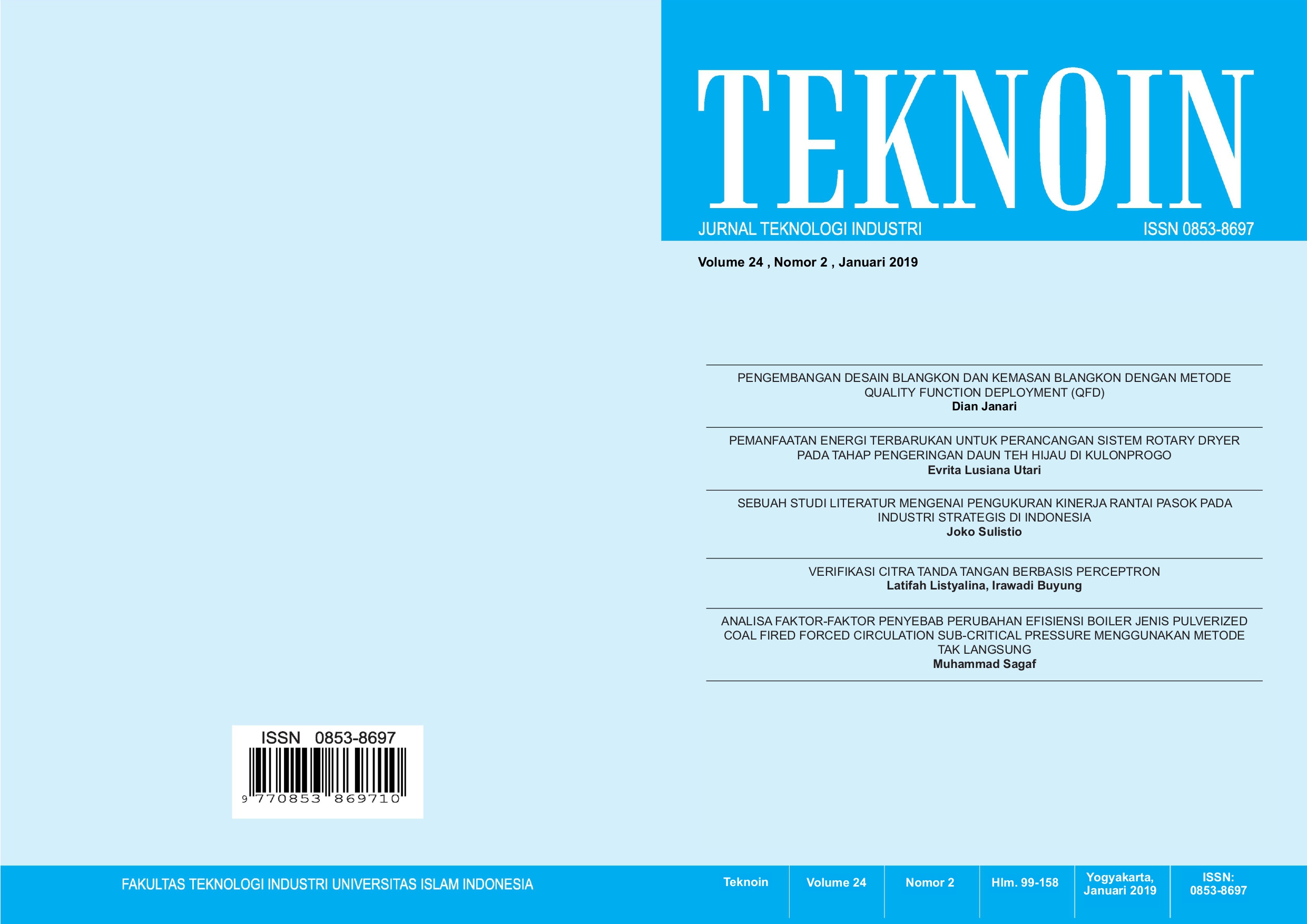Main Article Content
Abstract
Indonesia receives solar energy with an average daily energy radiation per unit area per unit time of approximately 4.8 kilowatts / m2. Solar energy is one of the abundant, pollution-free, renewable energy sources and can be explored optimally. In the use of solar energy, it is necessary to develop a technology that is able to convert solar energy into the desired energy, namely electricity. The supply of electrical energy during the day can still be controlled by the solar cell, while at night it is controlled by a battery of 3600 mAH. This technology is known as solar cell or in the international world better known as solar cell or photovoltaic. Solar cell is a tool to convert solar energy into electrical energy. Photovoltaic is a technology that functions to convert or convert solar radiation into electrical energy directly. Rotary dryer is a dryer which is shaped as a drum and rotates continuously which is heated by a heater. A rotary dryer consists of a rotating cylinder and is used to reduce or minimize moisture in the contents of the material and its handling is direct contact with the heat in the drying chamber. The design of the rotary dryer system for the drying process of tea leaves requires a setting temperature of 90oC with a drying time of 15-25 minutes. The energy needed to supply power in the rotary dryer is 1000 WH.
Article Details
Authors who publish with this journal agree to the following terms:
- Authors retain copyright and grant the journal right of first publication with the work simultaneously licensed under a Creative Commons Attribution License that allows others to share the work with an acknowledgement of the work's authorship and initial publication in this journal.
- Authors are able to enter into separate, additional contractual arrangements for the non-exclusive distribution of the journal's published version of the work (e.g., post it to an institutional repository or publish it in a book), with an acknowledgement of its initial publication in this journal.
- Authors are permitted and encouraged to post their work online (e.g., in institutional repositories or on their website) prior to and during the submission process, as it can lead to productive exchanges, as well as earlier and greater citation of published work (See The Effect of Open Access).
